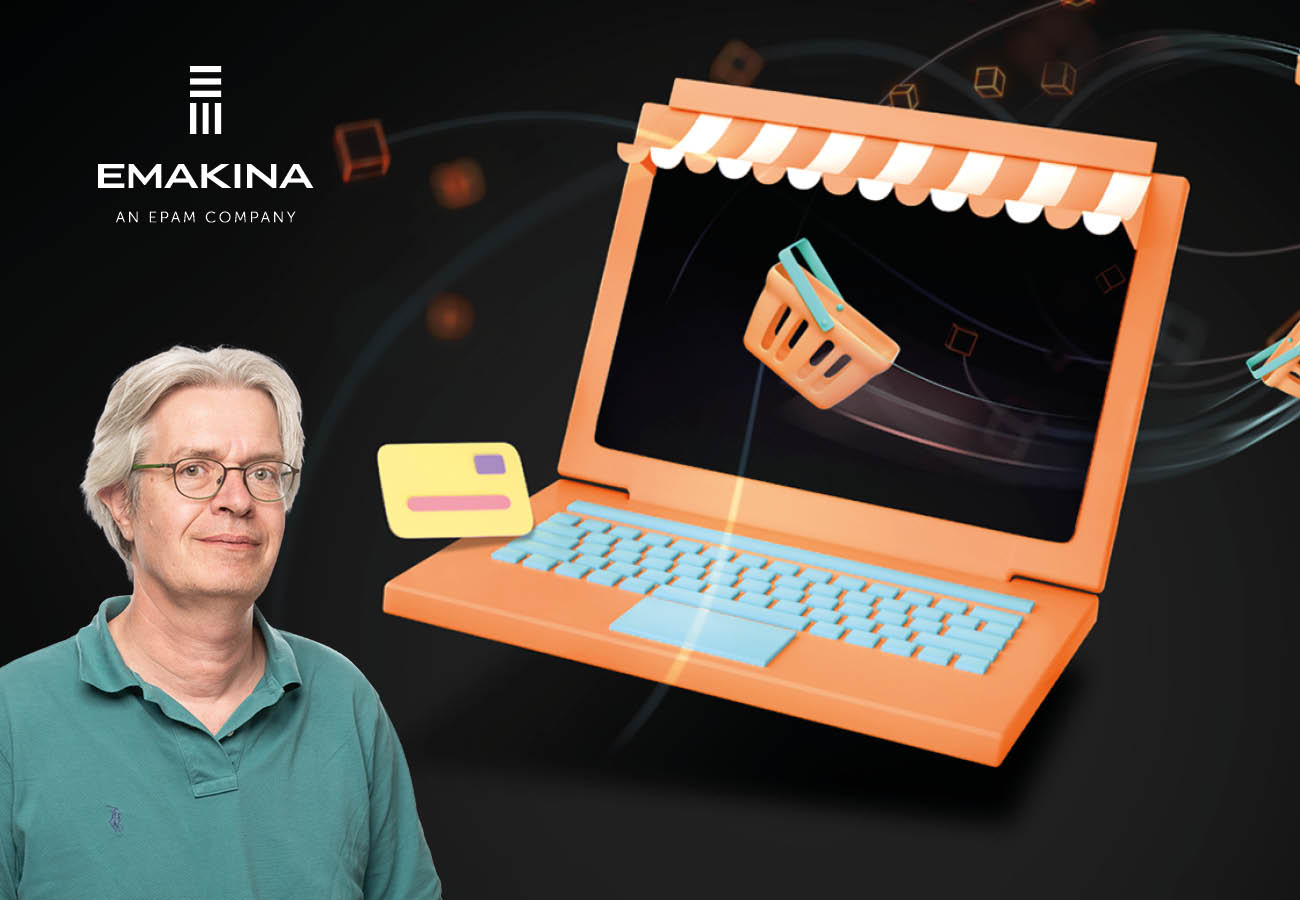The end of an “enchanted digital era” by Brice Le Blévennec*
 The “enchanted era” is a French expression (originally, “la parenthèse enchantée”), describing a period of some twenty years between the 60s and the 80s. It started with the invention of the birth control pill. For the first time in history, women gained control of their own bodies and could actually choose if and when they would get pregnant. The effect of women’s emancipation and the resulting sexual revolution went far. They altered societal values like the nature of relationships between men and women and even of working ethics (in the context of a continuous economic boom). Later, the spread of AIDS in the 80s and the rise of unemployment, brought an end to this careless period, one which brings up nostalgic memories for those who lived through it. A similar kind of an enchanted era is about to end on the Internet.
The “enchanted era” is a French expression (originally, “la parenthèse enchantée”), describing a period of some twenty years between the 60s and the 80s. It started with the invention of the birth control pill. For the first time in history, women gained control of their own bodies and could actually choose if and when they would get pregnant. The effect of women’s emancipation and the resulting sexual revolution went far. They altered societal values like the nature of relationships between men and women and even of working ethics (in the context of a continuous economic boom). Later, the spread of AIDS in the 80s and the rise of unemployment, brought an end to this careless period, one which brings up nostalgic memories for those who lived through it. A similar kind of an enchanted era is about to end on the Internet.
The enchanted digital era started when the one described above came to an end. It all began in the 80s when corporate computing made its first steps, pioneered by IBM. This was also the time when Apple introduced its first microcomputer, and Microsoft presented its first personal computers. At this point in time, the Internet was only used for military applications and for scientific research.
During the 90s, computers first became a consumer good, now available to the wide public. Suddenly, the word “computer” did not only infer a gigantic mainframe machine, but there were new forms out there, such as the micro-personal computers, or simply PCs. IBM was pushed aside by Microsoft, which equipped (almost) all its computers with its newly-developed operating system, known as Windows. Yet, the software world was in need of much more significant investments than those made by a few pioneers. As for the Internet, it remained an experts-only arena, although at this point the Web already existed, with emerging products like Netscape. Even the first personal assistants, such as Newton and Palm, had already made their first appearance in the market.
The first decade of the 21st century is the one which sees the reign of the Web. Google replaces Microsoft as the market leader (although the latter’s Internet Explorer continues to dominate the field of browsers) and the enchanted digital era begins: the Web is now based on solid foundations; on technologies which are widely accessible. A new virgin land is found; a territory with no entry barriers. The fact that (almost) anyone could create a website or launch a service created a startup frenzy, with Facebook standing out as the Web’s greatest success story. Apple comes back from its ashes, although its online services (like iTools, Dot Mac, and MobileMe) were still far from anything spectacular. Indeed, the burst of the dot-com bubble, and the 9/11 attacks that followed, slowed down the development of the Web. Yet, it was this decade which brought about an unprecedented wave of creativity, none of which would have been possible if it weren’t for the anarchic and decentralised system of the Internet.
Today’s landscape is again somewhat different. The 2010s will probably be remembered for the extensive use of mobile devices, smartphones, and of permanent Internet connection. The Net is now dictated by several giants who set the rules and impose them on all others. Google, along with its various services, remains the undisputed master of the Web. It is thus absolutely imperative to take into account the complex algorithms of this giant search engine and its way of prioritising digital information – in order to exist online and remain somewhat relevant. Facebook became a daily activity for hundreds of millions, thus having a great impact on our social interactions (like the disappearance of anonymity). Anything is now allowed… as long as you follow a few basic guidelines.
Apple did not only make a brilliant comeback; the company developed an entirely separate “ecosystem” of products which speak their own unique language to one another. It is thus impossible to put forward a new application or a podcast on the AppStore or iTunes without surrendering to the Apple hegemon. In sum, the aspiration for total freedom which prevailed during the dawn of the Internet has been replaced by a rather codified environment, one which is much more predictable. And yet, perhaps this is a necessary price for having large enterprises invest in interactive media and turn the Internet economy into a perennial one.
Of course, there will always be room for smart innovators and entrepreneurs who will introduce new products. But there is a long way to go until such new players could challenge the existing hegemony of the big ones. The latest success stories of startup companies prove exactly that. Zynga and Playfish were both entirely designed to fit the Facebook ecosystem. Angry Birds is an AppStore creature, and YouTube was very quickly caught into the world of Google. An important trend in the history of new technology is thus facing an end. Is this good news or bad news? We’ll find out soon…
*Translated from its original version in French
Weitere Beiträge im Blog
Zum Blog-
E-Commerce Trend #3 – Omnichannel. Worauf sollten Unternehmen 2023 achten? Unser Experte, Georg Kafka, im Interview.

-
E-Commerce Trend #2 – Social Media. Mehr als ein Trend? Unsere Digital Marketing Expertin, Verena Scheucher, im Interview.

-
Relationship marketing – noch im Trend?

-
E-Commerce Trend #1 – Künstliche Intelligenz. Was halten wir davon? Unser Experte im Interview.

